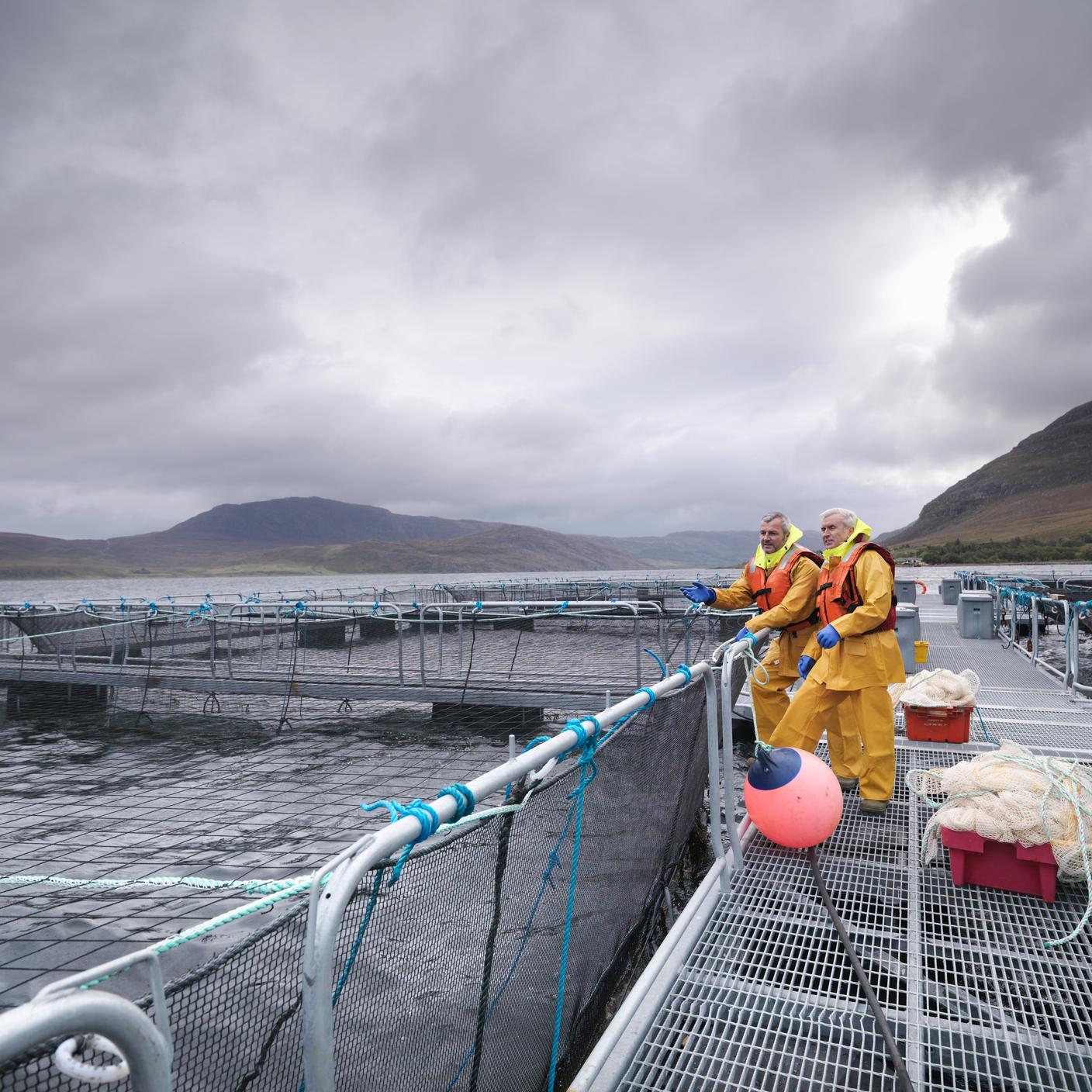Every aspect of life on earth is dependent on access to water. It enables, including society as we know it to flourish, because water security is integral to human health, livelihoods, and productive economies. Water is also crucial for ecosystems that support the natural world and provide societal resources such as food, shelter, and resilience to natural disasters. On the other hand, water insecurity is understood to increase conflict, political unrest, human displacement and food insecurity, which in turn can undermine national, regional and global security.
All this means that achieving a water secure society can support global stability, prosperity and build resilience to shared challenges such as climate change. Yet a water secure future is far from guaranteed. As the IPCC report, half the world’s population currently experience severe water scarcity at least part of the year. This World Water Day, the UN has highlighted that while 3 billion people worldwide depend on water that crosses national borders, only 24 countries have cooperation agreements for shared water. This insecurity has led to the UN to call on individuals, organizations and governments to work together on this issue and pave the way for a more harmonious society.
All this matters to people everywhere. A third of the UN Sustainable Development Goals (SDGs) are closely linked to water, with Goal 6 specifically focusing on water availability and sanitation. But with both local and global influences at play, we will have the best opportunity to address this issue if we recognize the complex and shared responsibility all water users have to act on water security.
Organizations, certainly, have a unique role in helping society overcome water related challenges and drive positive impact for a water secure future. Engaging in water stewardship is one-way organizations can create positive change, by understanding and mitigating their water footprint and the associated risks. The Alliance for Water Stewardship defines water stewardship as the use of water that is socially and culturally equitable, environmentally sustainable, and economically beneficial, achieved through a stakeholder-inclusive process that includes both site and catchment-based solutions.
Thirst for change, a recent study by BSI and Waterwise, recognized that giving more focus to water stewardship as it becomes apparent how water shortages affect our daily lives as individual consumers, organizations, and society as a whole.
To help realize a water secure future that offers the potential to deliver prosperity and protect the natural world, organizations can:
- Measure and mitigate your water footprint
The Water Footprint Network explains that by evaluating and understanding your organization’s water footprint throughout your entire supply chain, you can identify high-water consumption and prioritize water efficient strategies for these areas.
- Collaborate with your supply chain and stakeholders
By collaborating and engaging your suppliers, organizations can better implement their water efficiency strategies across the entirety of the supply chain. Beyond this, as identified in Thirst for change, collaborative efforts across wider stakeholders such as government, local communities and NGOs can help address water challenges through the shared responsibility of water users.
- Embrace innovation
The World Economic Forum identifies that recognition for the value in innovative water solutions is increasing, and these technological advancements are key to overcoming global water challenges. By embracing innovation and adopting new technologies, organizations can reduce their impact on water resources and realize the opportunity in systems such as water capture and reuse.
- Be transparent
Smart Water Magazine reports that by publishing water-related information in sustainability reports, organizations take accountability for their water footprint and provide stakeholders with insights into water management practices, goals, and achievements. This level of transparency can help to drive engagement with water stewardship, share lessons learned and encourage other organizations to follow suit.
As a shared global resource on which we all depend, the importance of conserving water is real. Collaborating to preserve water has the potential to create a positive ripple effect by stabilizing society, generating prosperity, and building resilience to shared global challenges.
Ultimately, water is a human right, integral to every aspect of life and society. Individuals and organizations alike have a role to play in achieving a water secure future. Change won’t come overnight but, by engaging in water stewardship, organizations can accelerate progress to a fair society and a sustainable world by mitigating their impact on water resources, sharing responsibility, embracing and driving innovation and inspiring others to implement good water management.







